According to French newspaper Le Monde, amid a sharp increase in the number of immigrants and asylum applications to Europe in 2023, 27 member states of the European Union (EU) are nearing the end of the process of approving the Migration and Asylum Pact, after 4 years of negotiations.
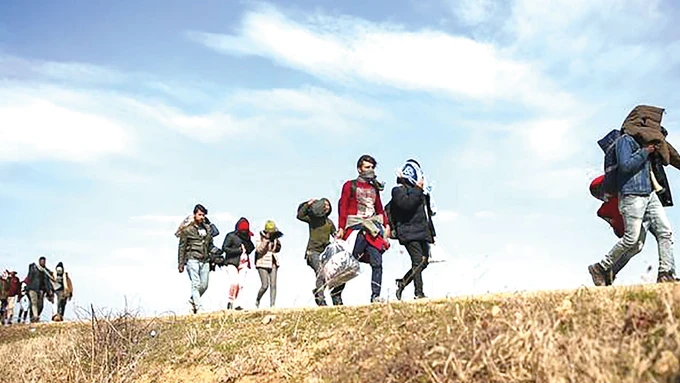
In the first half of this year, the number of asylum seekers increased by 28% compared to the same period last year. EU member governments are generally responding with tougher rhetoric and decisions.
The migration issue has been a source of disagreement within the bloc since the refugee “crisis” of 2015. However, in recent times, the topic has achieved a consensus that previously seemed impossible.
Notably, Germany, which had previously resisted accepting immigration restrictions on humanitarian grounds, did so in late September, but it backed a key text on reforming the European migration system, paving the way for a possible overall agreement among the 27 member states on migration. The text would provide for a special status for migrants in the event of a wave of migrants flooding into a country in the region.
France and Italy also found consensus on the issue of migration, as demonstrated by the statement by French President Emmanuel Macron and Italian Prime Minister Giorgia Meloni on September 26 that “the two sides have a common view on how to manage the migration issue”…
The European Commission hopes that the entire migration and asylum pact (around 10 reform provisions on border reception, processing of asylum applications and returns) will be adopted by February 2024, before the European elections taking place from 6 to 9 June 2024.
It took four years of negotiations and debate, and although Hungary and Poland have opposed the principle of sharing responsibility and support for migrants, it seems that EU member states will finally be able to reach a consensus, finding a common voice on a thorny issue.
MINH CHAU
Source




![[Photo] Prime Ministers of Vietnam and Thailand visit the Exhibition of traditional handicraft products](https://vphoto.vietnam.vn/thumb/1200x675/vietnam/resource/IMAGE/2025/5/15/6cfcd1c23b3e4a238b7fcf93c91a65dd)
![[Photo] National Assembly Chairman Tran Thanh Man meets with Thai Prime Minister Paetongtarn Shinawatra](https://vphoto.vietnam.vn/thumb/1200x675/vietnam/resource/IMAGE/2025/5/15/e71160b1572a457395f2816d84a18b45)

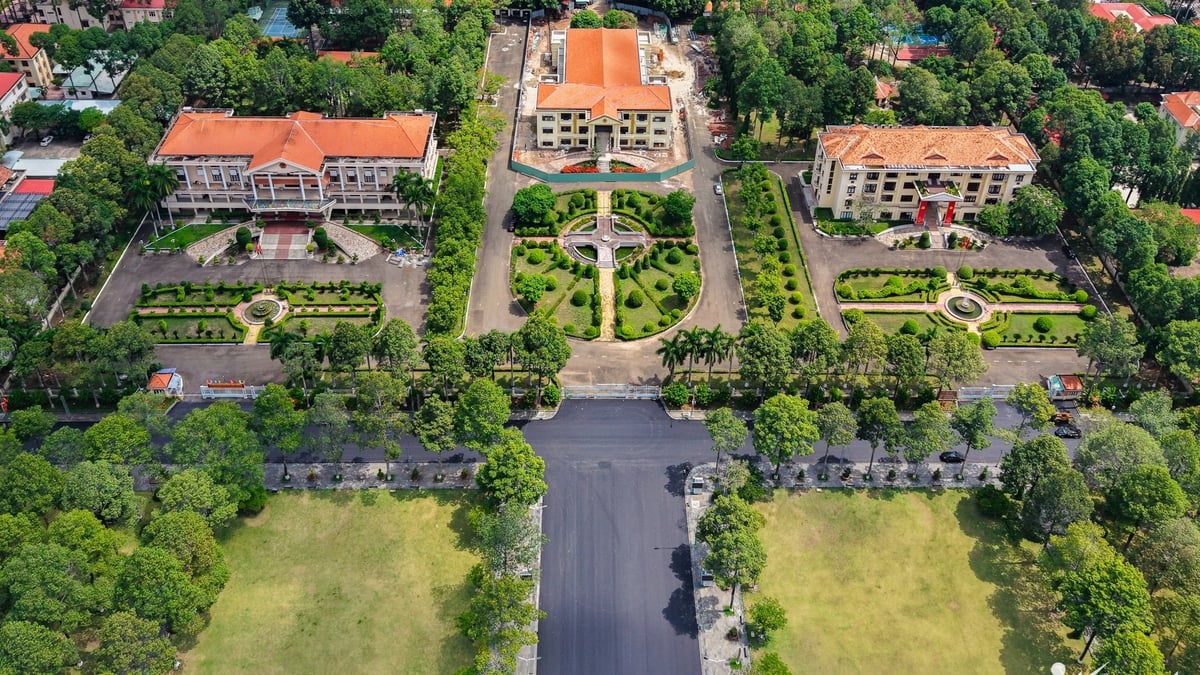


















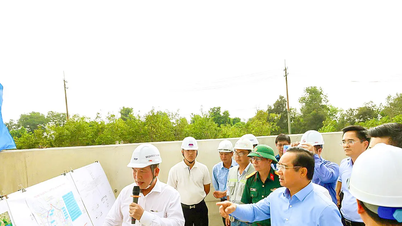

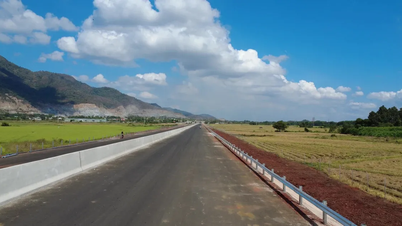






































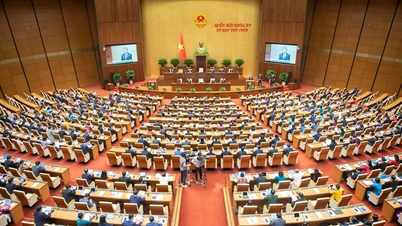













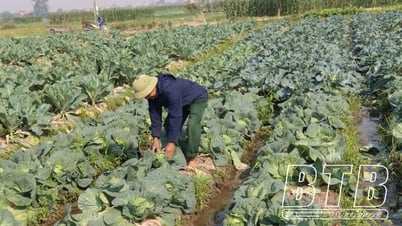


















Comment (0)